By Haider Changezi
I have come across the slogan ‘Hazarahaayejahanmutahidshavid’many a times and have to admit that it has a ‘feel good’ factor associated with it. It gives a sense of identity, purpose and is immersed in emotionalism. But moving beyond rhetoric what does it actually mean for me as a Hazara of Quetta? and I am sure many other Quettagis must have pondered on this point. Election Day is just around the corner and we see the Hazara electorate as divided as ever. Divided? This is surely one way of looking at it; the other way is having ‘diversity of opinion’. Is it not a healthy sign in any community that it harbors diversity of thought and ideologies? After all this is how the process of evolution moves forward, with debate and competition. The fittest survives and the meek perish eventually benefitting the community.
But doesn’t this diversity negate the slogan of ‘Hazarahaayejahanmutahidshavid’? If all Hazaras are supposed to unite then how can we have diversity of thought, ideology, political affiliation, religious shades etc…? Does being united mean we all act as bots and live a regimental life under the allusion of one ‘supreme Sardar’ or aHoly Akhund and act as per theirpersonal diktats and absolute wisdom?If this were the case then with in the Hazara community what happens to all the Taifas? The naw (new) and koona (old) Quettagi-divide? The Qawmi vs. Mazhabi divide? And moving beyond Hazaras how will this slogan fit in with our relations with other neighbourly ethnic groups (Pushtun, Baloch and Punjabi), and what about the Shia-Sunni divide?
Is it really possible to be ‘mutahid’? Or is this mere rhetoric which sounds good but means nothing?
The answer to this question depends upon each individual’s ideology. The ideologies most prevalent in our society can be broadly boxed in three compartments;
1) If I were a staunch nationalist then my worldview would mean that my allegiance will have to be with ‘Mazarism’. After all the bedrock of Hazara nationalism is in Hazaristan and not on the roads of Quetta. The party which represent this thought is the Hazara Democratic Party.
2) If I were rabidly religious, then for me Qom will hold a sacred position and the clergy will have a central role in determining not only my religious views but also my political associations. MWM being the sole custodian of religion and politics here.
3) If I were a jingoistic patriot, Islamabad or more appropriately Pak Fauj will be my forte.We see how the neo-Sardars have benefited from this relation.
This one-liner; Hazarahaayejahanmutahidshavid has to be viewed through the prism of reality. The reality is Hazaras are not living an isolated life in a peaceful country and progressive society but to the contrary living in a most complex environment, surrounded by religious traditionalism, ethnicdiversity, Geo-political unrests etc. To give some context:
- Hazaras(apart from Baloch) are the only people living in the only three ‘Islamic’ countries in the world; Islamic Republicof Afghanistan, Islamic Republic of Iran and Islamic Republic of Pakistan. No other Muslim country in the world has ‘Islamic’ in its name.
- In Afghanistan they associate us with the Mongol invasion hence the label of ‘outsiders’ and along with this because of our religious beliefs we are also viewed as ‘The Others’. In Iran they consider Hazaras as Afghans and hence view us as Barbaris (Barbarians) never wholeheartedly embracing us and in Pakistan in some quarters we are now viewed as pro-Iranianbecause of our religious association with Shi’ism and also as being anti-Taliban because of Hazaras being part of the Northern Alliance in Afghanistan.
- Within Pakistan we live in Balochistan, here the political realities are that we are affected with the Baloch-Islamabad conflict. Being émigrés (with no lands) Hazaras have benefited immensely from serving in the Government (Armed &Civilian forces). How do Baloch view us because of this? Whose side should we take? Baloch or Islamabad’s?
- Although Hazaras are religiously diverse as we have Sunnis, some Christians and Atheists, and within Shi’ism; Ismailis and Twelvers but within Pakistan we are viewed exclusively as Shias. As a result of this, Hazaras have suffered the most in the LeJ’s terror onslaught on Shias of Pakistan. No other ethnic group has suffered so much and feel as much abandoned by the society as the Hazaras do.
Question arises: Do we stick with the Shia religious parties and follow their diktats of ‘marg bar Amreeka’ (and yet we go to the West and seek asylum)? But we also need to be cognizant of the fact that Iran is areality that we have to live with. It is after all a regional power and cannot be sidelined.
In short, there is no easy answer to this question – but these realities help us:
No nation/ethnic group is singular in its religious/political beliefs. It is artificial and harmful. As it stymies intellectual growth and development – it is a sign of a dead/dying people to have paucity of intellectual development.
Look at the Pushtuns, they are rabidly divided along Religious vs. Secular (JUIF vs. ANP/PkMAP), Sectarian differences (siege of Parachinar by Pashtun Sunni tribes), Afghan vs. Pakistani (Pashtun in Pakistan Army will fight to defend the Durand Line but the Afghan Pashtuns do not recognize it).
Also take a look at the Baloch, their ‘struggle for rights’ has suffered biggest setback because of Baloch themselves. They have Establishment backed vs Nationalists. (Changez Marri is in PMLN and a CM candidate but his brother Harbiryar Marri is fighting for outright independence, similarly Brahamdagh Bugti wants independence but his paternal uncle Talal Akbar Bugti is allied with the PMLN). Remember theJamalis, the Jams and the Rasianis who helped military operations against their own Baloch?
Punjabis carried out one of the biggest massacres of Punjabis because of religion – Muslims, Hindus, Sikhs, Christian Punjabis all killing eachother. Partition of Punjab has to be the biggest massacre in this part of the world and it was essentially Punjabis killing Punjabis!
The reason to share the divisions in other ethnic groups is that we should not be too hard on ourselves by saying that we are not united and we should all work under one banner. However what we should be united on is the interest of the people. Our religious or political association should be a means to work towards improving the lives of Hazaras.
Now let us take a look at the main parties vying for Hazara votes:
– HDP positions itself as a progressive, secular and nationalist party. However, they need to realize that they are not conducting their politics in developed societies of the Western world but in the religious & traditional streets of Quetta. It is a commendable effort that they are working towards inter-ethnic harmony and are against religious extremism of all shades. However, they seem to be too rigid in their stance of separating religion and politics. Although I am a firm believer of this principle but I also believe that in our society it is better to bring about this change in an evolutionary manner than a revolutionary one. A good case study here will be to view how MQM and ANP manage their politics. ANP is staunchly and rigidly secular and as a result it is very easy for JUI-F or MMA to simply label them as ‘kafirs’. On the other hand, MQM also is a secular party but it tries to ‘manage’ religion. It has appointed ‘religious’ personalities from every religious denomination in its team. For e.g. Abbas Komaili was a Shi’ite senator meant to influence the affairs of the Shia Urdu Speaking community. This approach can be termed as hypocritical as a secular party has overtly religious personalities but this is also called ‘politics of pragmatism’ which HDP needs to learn.
HDP urgently needs to learn that getting labelled ‘athiests/kafirs’ is damaging not only to them but also endangers the unity amongst Hazaras. They need to understand the Hazaras as a people and Quetta as a city is traditional and religious; HDP is not contesting elections in Atlanta but on Alamdar road and need to be flexible in their approach.
– MWM, they position themselves as the ‘custodians of the Shias of Pakistan’. Reality is they are further fuelling extremism in a society fraught with extremism. We should not doubt the intentions of MWM. In their own capacity they think they are trying to do good for Shia-Hazaras of Pakistan. But what they do not realize is that they are further isolating Hazaras of Pakistan. Consider the following:
- MWM will contest in all those constituencies which have a sizeable Shia vote bank. Mainly these will be areas like: Parachinar, Quetta, some areas in Karachi. Rest assured MWM will not be able to win in Parachinar because the local Turis are allied with PPP, in Karachi the Urdu Speaking are die hard supporters of their nationalist party; the MQM. The MQM will never allow MWM to make inroads in their constituency. Those vocal ‘Shia Activists’ who were initially supporting MWM have now all receded and now supporting their individual political parties (PPP & MQM).
- If the MWM wins in PB-2, this will be the only constituency in entire Pakistan which sends Shia Islamist party to the assemblies. A party whose leaders openly gives allegiance to a political leader of another country (see Amin Shaeedi’s video message at 5’.15’ – http://www.facebook.com/photo.php?v=140208832812344&set=vb.236915603027213&type=2&theater ). So after watching this and if MWM wins, then others will not be wrong if they label us as pro-Iranians.
MWM’s role should be as guide for the people on religious matters and not get involved in political machinations. They are an important player and play a very effective role in getting all the Shias of Pakistan on a single platform when required but if they try and play politics they will be furthering MDM (ASWJ’s) agenda of further polarizing the society with sectarianism.
As Pakistani Hazaras, it is in our interest not to talk of Afghanistan’s interest or Iran’s interests. A Hazara of Afghanistan proudly calls himself an Afghan (even after all the excesses by the Afghan State) and an Iranian Shia will always be proud to be a Persian first!
We should have religious links with Iran& more importantly Iraq and we should have cultural links with Afghanistan. But when it comes to Politics we have to live reality of Pakistan.
And within Pakistan, we should talk of the interest of Balochistan. After all this is our homeland in Pakistan. Political autonomy, rights of the province, moral support to the Baloch cause within the framework of law. Hence aligning with Baloch nationalist/secular parties is also a possibility, namely Balochistan National Party (Mengal), which has fielded Hazara candidates.
It is not easy being a minority within a minority in a country like Pakistan but this is the reality and we have to we pragmatically smart to ensure we work for the betterment of our people.
So who should you vote for on 11th May? This is your decision to make but please keep all the above factors in mind. One thing I will request you all is that do go and vote keeping the best interest of Hazaras of Pakistan in mind.We may all follow our own individual ‘Hazaarrahs’ but our destination has to be one; benefit of the Hazaras.
The author can be followed on Twitter @aushpaz
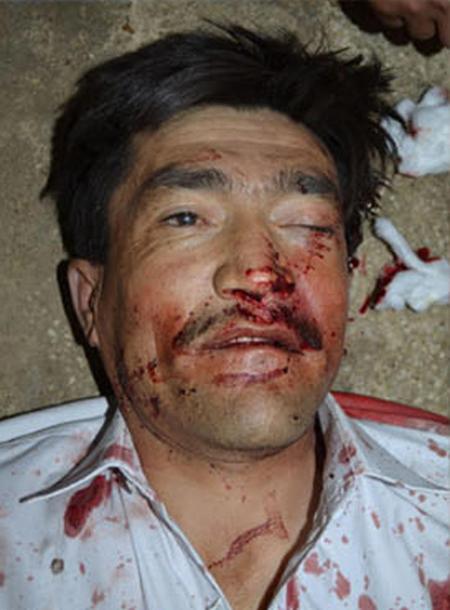
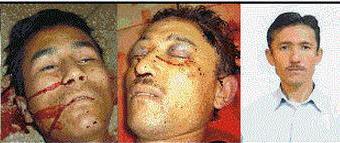
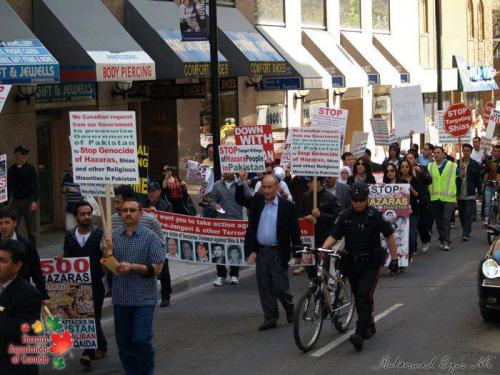
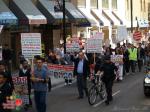

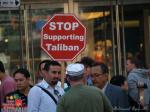
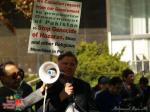
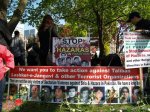
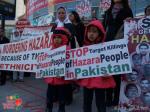
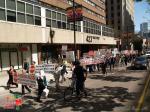
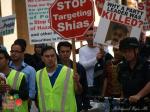
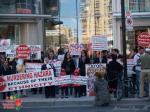
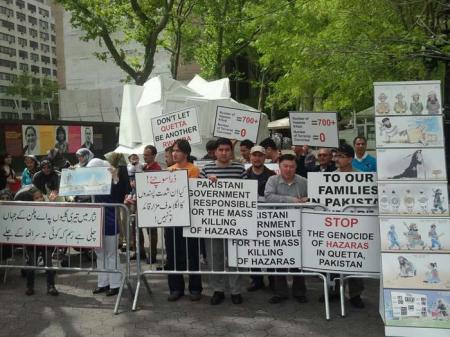
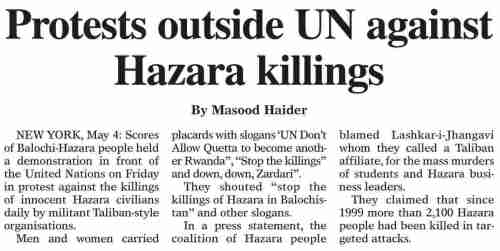
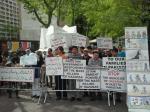

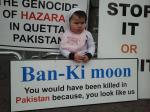
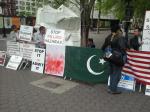
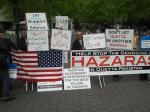

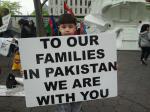
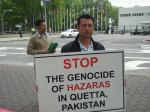



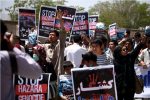
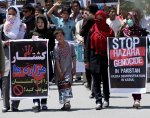
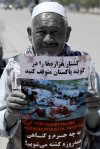
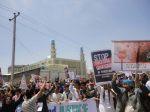
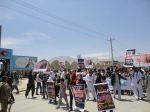
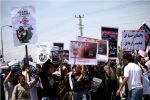
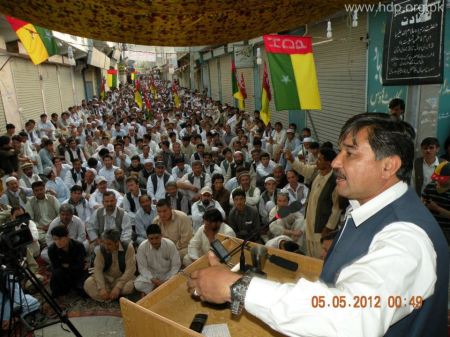
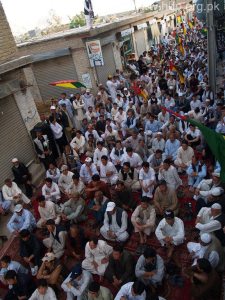
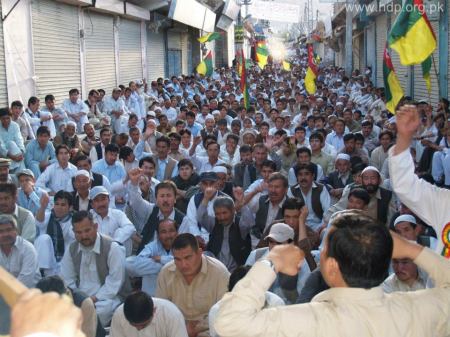
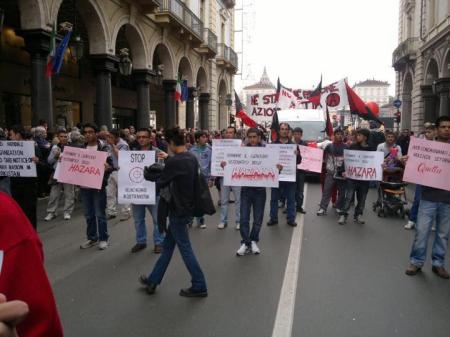

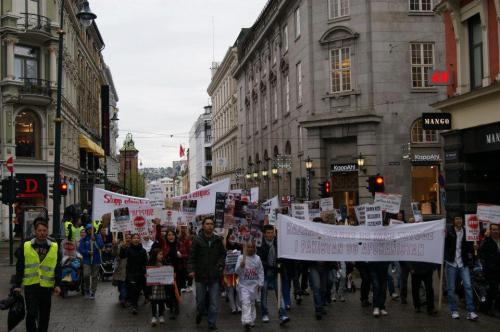














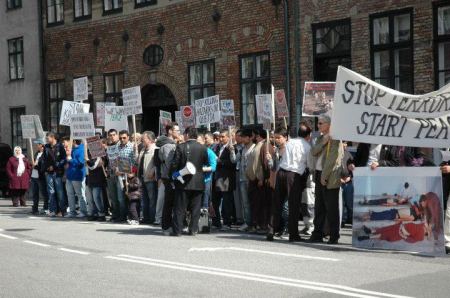
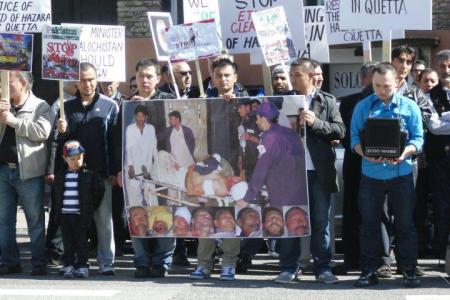
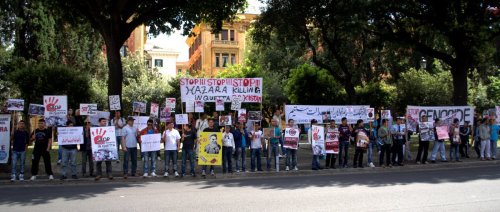








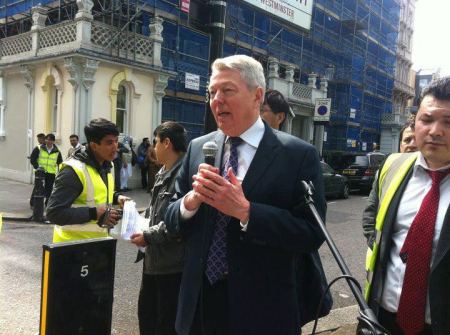
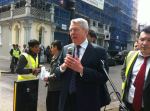

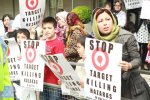


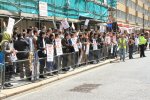
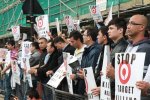
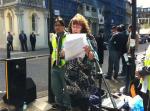
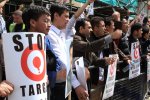
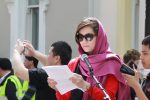
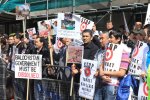
Recent Comments